
10 Early Signs of a Heart Attack Every New Yorker Must Know

In the rush of New York life, where schedules are tight, stress is a lifestyle, and silence is rare, your heart is quietly keeping score. Most don’t hear the early warnings. But here’s the thing about early signs of a heart attack:
Heart attacks rarely come out of nowhere. The body whispers before it screams.
In a healthcare landscape trying to shift from emergency reaction to early detection, recognising the signs is more than useful, it’s life-saving.
Let’s discuss the 10 early heart attack symptoms every New Yorker needs to know.
A Heartbeat Away in the U.S. Healthcare System
Cardiovascular disease remains the #1 cause of death in America.
That’s not a scare tactic, it’s a sober truth backed by data about early signs of a heart attack.
- In a fragmented healthcare system, emergencies often become the entry point to care.
- Time is muscle, the longer a heart attack goes unrecognised, the more damage it does.
- Urban areas like NYC face unique barriers: delayed emergency access, high stress, sedentary commutes, and fast-food culture.
The best chance at survival? Knowing the signs before you ever see a hospital bed.
1. Chest Discomfort That Won’t Go Away
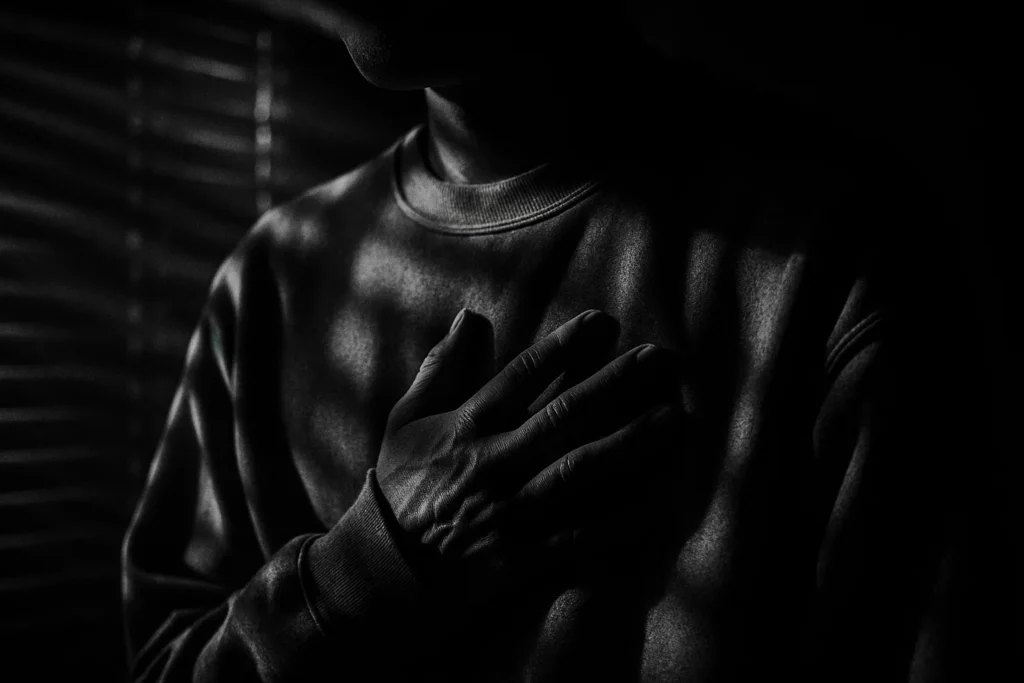
Not all heart attacks involve dramatic chest pain. Often, it’s a strange pressure or fullness that doesn’t ease.
Watch for:
- Tightness, squeezing, heaviness
- Comes on with activity or stress, but may linger at rest
- It lasts more than a few minutes or comes and goes
This is the classic signal, but in NYC’s high-stress environment, it’s easy to brush off as anxiety or fatigue. Don’t.
2. Unusual Fatigue
You’re tired. Of course, you’re tired. But we’re talking about profound, bone-level exhaustion that doesn’t align with your daily activity.
Red flags:
- Waking up tired, even after rest
- Struggling to do everyday tasks (climbing stairs, walking)
- Feeling drained for no apparent reason
Your heart might be overworking to keep up. And it’s trying to tell you.
3. Shortness of Breath
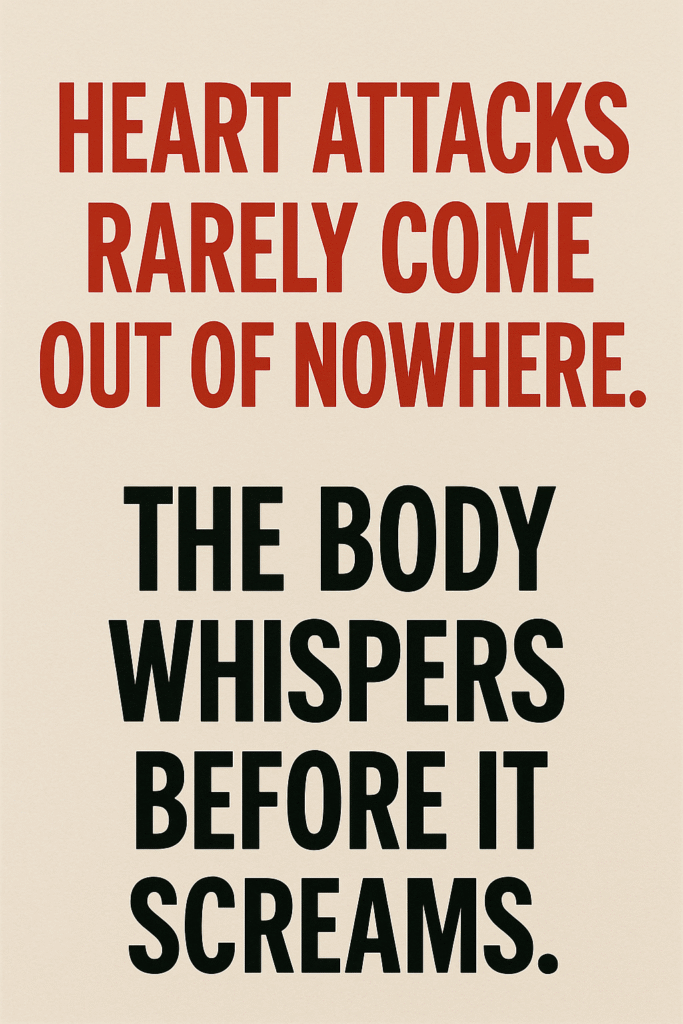
Can’t catch your breath? Not just during workouts, conversations, walking, or even sitting?
Clues:
- It feels like you can’t take a deep breath
- It comes on suddenly, even at rest
- Accompanied by lightheadedness or fatigue
This could signal that your heart is failing to pump properly, causing fluid buildup in the lungs.
4. Jaw, Neck, or Back Pain
Heart attack symptoms aren’t always where you expect.
For many, especially women, pain radiates into areas like the neck, jaw, or upper back.
How it might feel:
- A dull ache, sharp pull, or strange pressure
- May start in the chest and move outward, or begin away from the chest entirely
- It gets worse with exertion and better with rest
You don’t need a smoking gun. You need suspicion. And the courage to act on it.
5. Cold Sweats Without a Cause
You’re not working out. The room’s not hot. But you’re breaking out in a clammy sweat and don’t know why.
What to notice:
- Sudden onset
- The incredible, sticky feeling
- Often paired with other symptoms like nausea or dizziness
It’s your body entering fight-or-flight mode, because your heart’s in trouble.
6. Nausea or Lightheadedness
It feels like food poisoning or vertigo, but it might be your heart.
Warning signs:
- Nausea or vomiting without a clear stomach cause
- Feeling faint or dizzy
- Pale or ashen skin
Many heart attacks don’t follow a dramatic script. They sneak in quietly, dressed like something else.
7. Pain in One or Both Arms
Especially the left arm, but don’t count out the right. Referred pain is your nervous system rerouting signals when something deeper is wrong.
Key characteristics:
- Sudden arm discomfort
- Dull, aching, or heavy sensation
- Often starts at the chest and radiates outward
This symptom gets shrugged off far too often, don’t let it.
8. Irregular or Racing Heartbeat
Your heart’s rhythm matters. And while a bit of flutter during stress is familiar, consistent irregularities could mean something worse.
Signs to notice:
- Heart skipping beats
- Racing without cause
- Feeling like your chest is “pounding.”
Your heart could send a warning flare if it feels off and keeps happening.
9. Indigestion or Heartburn-Like Sensations
Especially for older adults, a heart attack can feel like a burning or gnawing sensation in the chest or upper stomach.
What it mimics:
- Acid reflux or gas pain
- Upset stomach not relieved by antacids
- Discomfort that comes with exertion
NYC nutritionists and physicians often warn about this, it gets misdiagnosed too frequently.
10. A Sense of Impending Doom
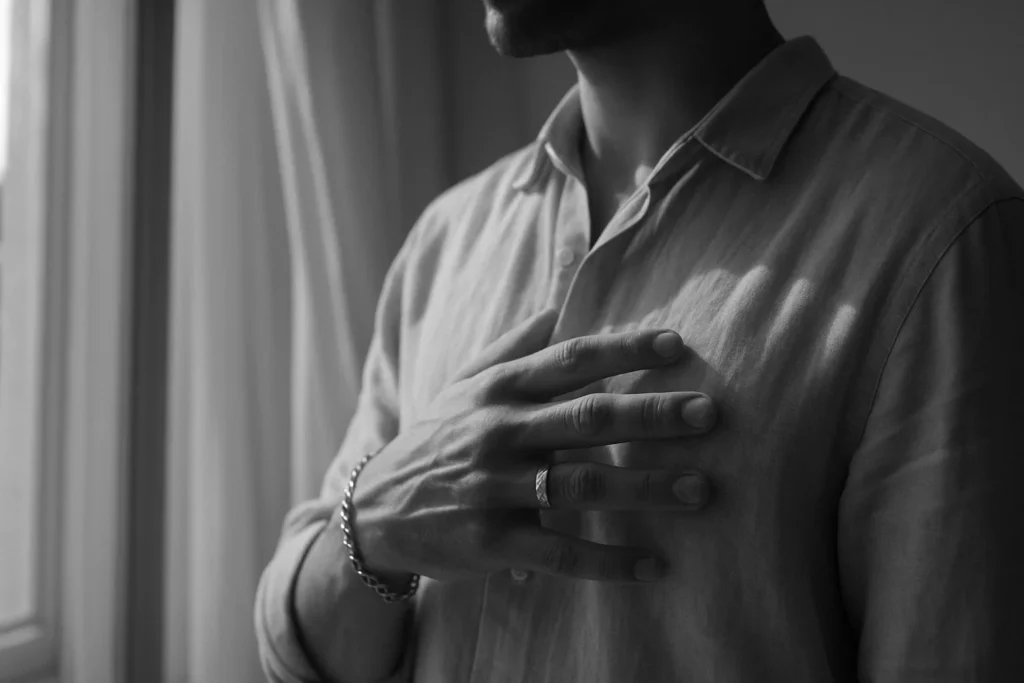
This sounds dramatic. But it’s real.
Description:
- Overwhelming anxiety or fear without an apparent reason
- Feeling like something is deeply wrong
- Intense restlessness, panic, or “this can’t be happening” feeling
It’s not all in your head. The body knows when it’s under attack, even if your mind hasn’t caught up yet.
Why New Yorkers Must Be Extra Vigilant
City life demands resilience. But resilience isn’t the same as ignoring what your body’s trying to say.
- Stress is a daily constant, and chronic stress amplifies cardiovascular risk.
- Access to care may be nearby, but recognition of symptoms determines how soon you use it.
- NYC’s culture of pushing through pain can delay life-saving decisions.
In this healthcare era, your awareness is your most excellent diagnostic tool.
What’s Changing and Why You Matter
Early symptom recognition is the new frontline in heart attack prevention.
You’re the first responder to your health.
- U.S. hospitals are focused on reducing readmission rates and preventing first-time heart events.
- Providers are investing more in public education, not just post-attack treatment.
- Digital health apps, wearable tech, and telemedicine are helping, but it doesn’t work if you ignore the signs.
And that role starts by knowing these 10 signs like your life depends on them, because sometimes, it does.
What To Do If You Notice These Signs
Don’t wait. Don’t Google. Don’t second-guess.
If you feel even a few of these signs together, especially chest discomfort with fatigue or breathlessness, take action:
- Call emergency services immediately
- Chew a full-strength aspirin (if not allergic)
- Stay calm, seated, and avoid exertion
Seconds matter. Denial kills.
Your Body Isn’t Overreacting, It’s Communicating
People learn to tune out the noise in a city that never sleeps. But when it comes to their health, tuning in might save their lives.
The truth? Most people don’t miss the signs, they dismiss them.
They attribute the tight chest to stress. The fatigue from work. The pain to poor posture.
And that’s how hearts break in silence.
You don’t have to be afraid. You have to be aware.
So now you know the 10 signs. Don’t forget them, and don’t ignore them. Carry them with you like a city map.
Because in the heart of New York, knowledge is power, and it just might be the power to keep yours beating.
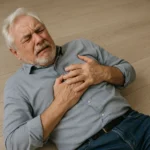

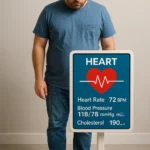
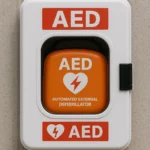
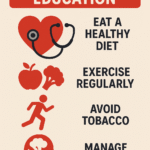


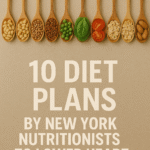
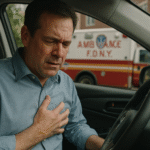

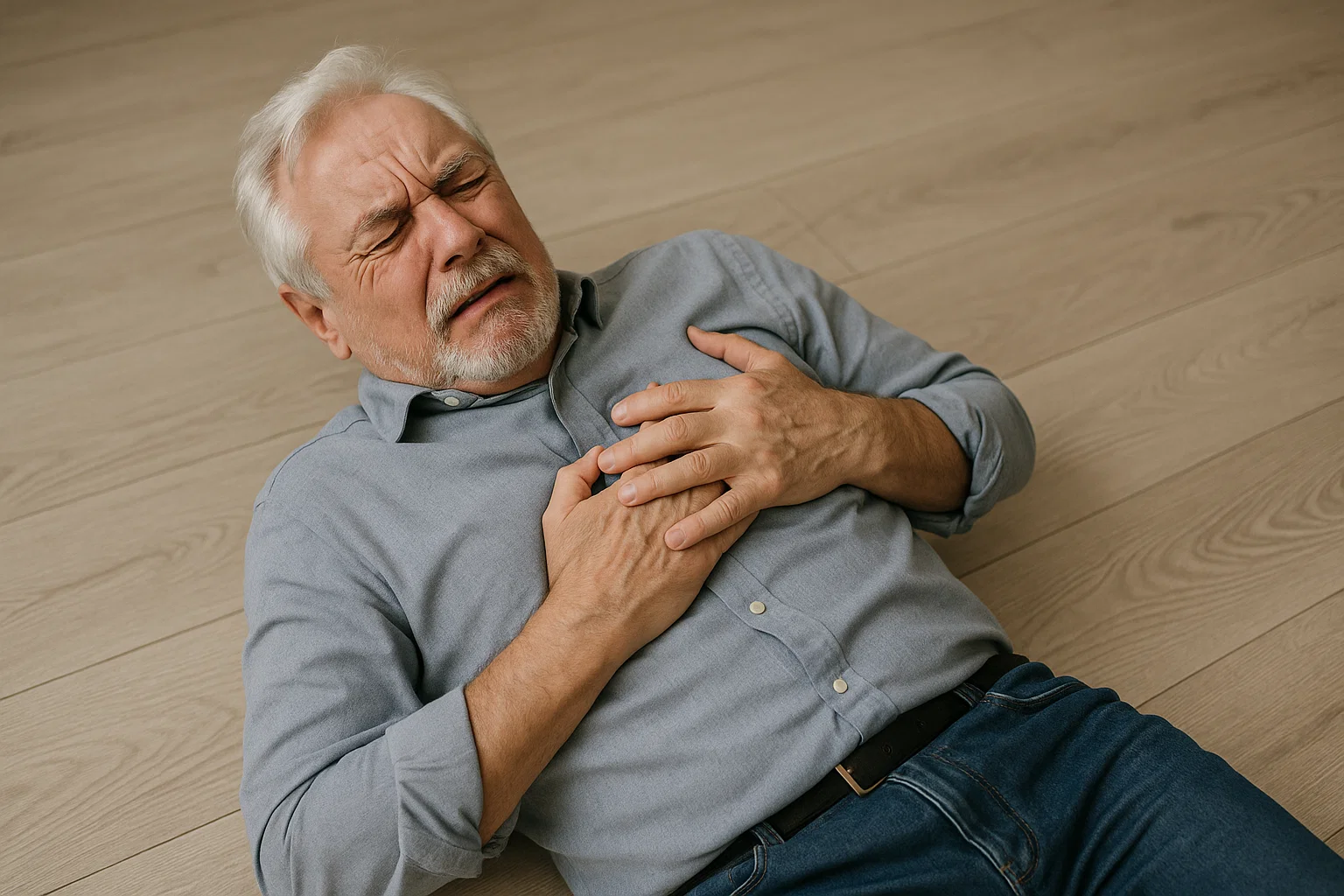

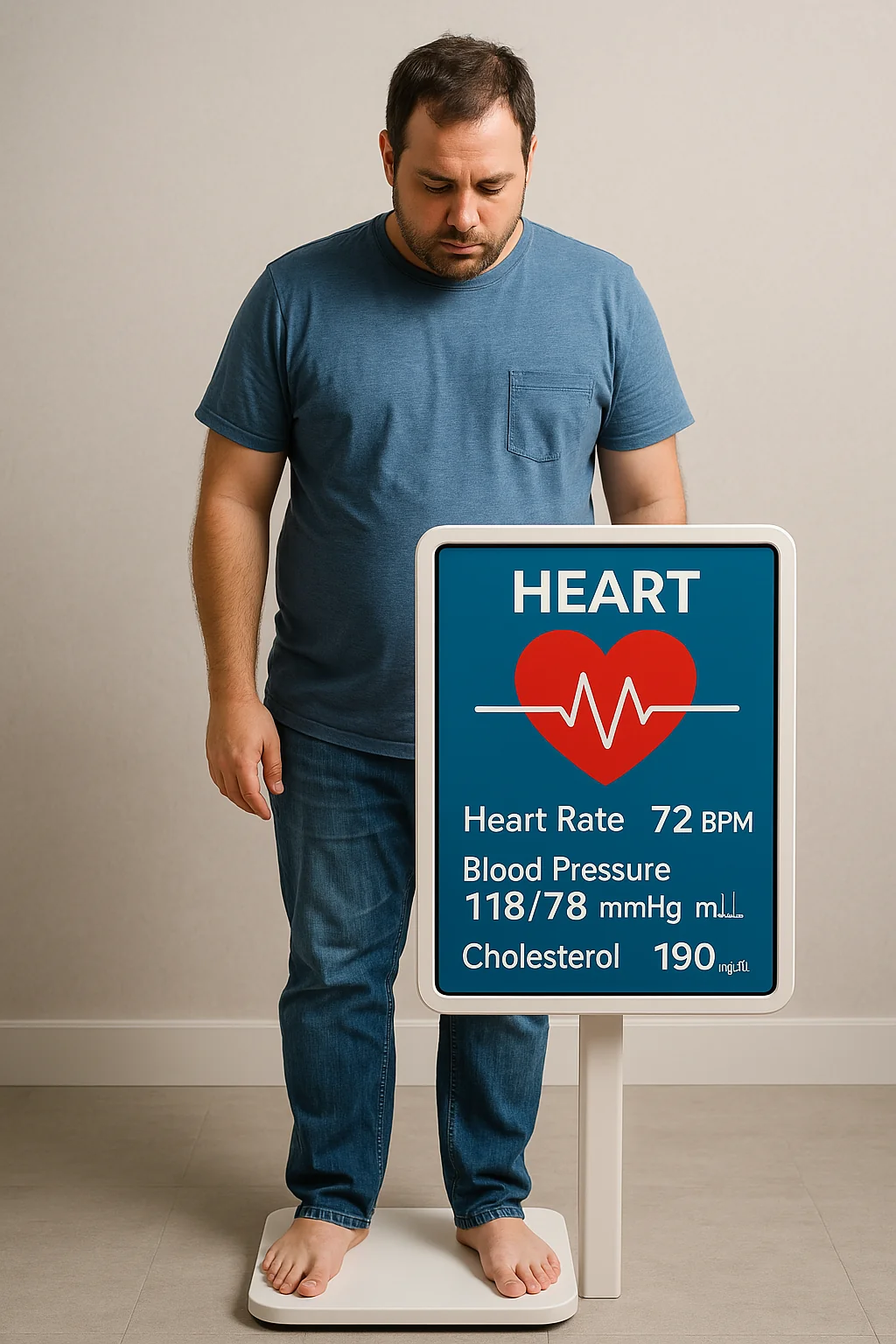

Post Comment